|
Should AI inherit the Earth?
|
Hello!
I hope those of you in the UK managed to take advantage of the long Easter weekend earlier this month, to rest and regroup, and are enjoying the longer days and more temperate weather.
This month in Curiously Green, we’re looking at all things AI. Ever since my initial interview with ChatGPT, asking its thoughts on its own environmental impact, I’ve been blown away by all the possibilities – and the dangers – of this rapidly developing technology. With ChatGPT-4 now released, and with Earth Day this weekend, we decided to dedicate this Spring issue to sharing our thoughts – good and bad – on all the news and updates on AI in recent months, especially with regards to its potential social and environmental impact.
We hope you enjoy this issue, and Marketa and I look forward to hearing your thoughts on how AI might impact our hopes for a sustainable future. Just hit reply to start a conversation!
Until next month,
– Tom Greenwood
|
|
|
Top picks from the green web
|
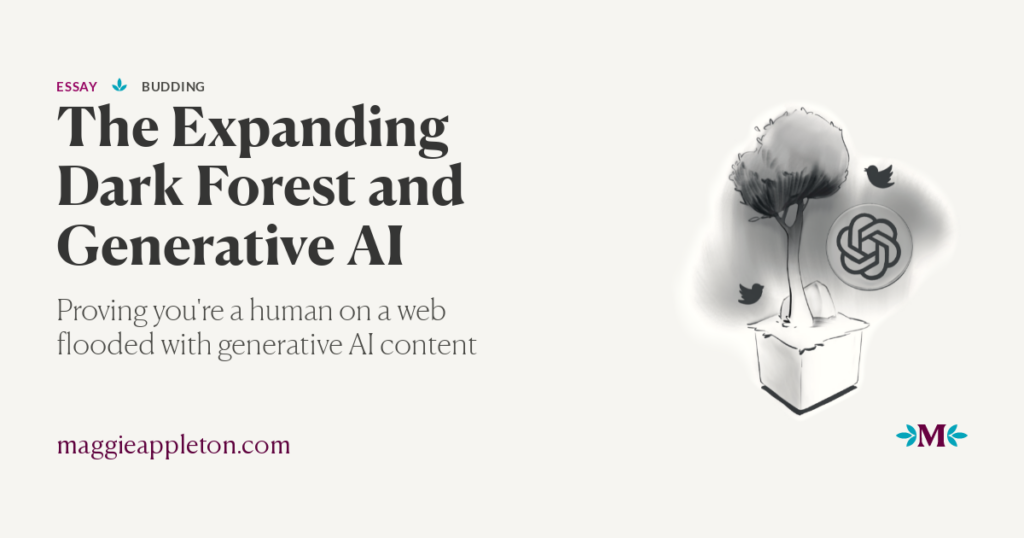
Proving our humanity in an increasingly AI generated world
|
Given our increased focus this year on the Humane Web, I found this piece from Maggie Appleton really insightful and thought-provoking. Opening with an explanation of the ‘dark forest theory’ of the web, Maggie goes on to cover the rapid growth of intelligent AI, lamenting the lack of true human content we’re already seeing, and her fear that it will only get worse.
I agree with Maggie that AI might make it even harder to find the humanity on the web. She discusses how it will soon be necessary for us to find ways to prove that we are humans online in a world that will increasingly be full of AI content pretending to be human. We’ll need to really make an effort to craft our content and bring perspectives and information that is unique to us and can’t be so easily mimicked, if we want to show that there are real humans behind the content we create. Her example of needing to have a ‘verified human’ checkmark for content on Google feels especially uncomfortable.
Ultimately, we can’t stop the trajectory of AI – as Marshall McLuhan says, “resenting a new technology will not halt its progress”, so what’s the answer? How can we harness the power of this technology as we move into a new future? I don’t (yet) know, but it is certainly making our research on a Humane Web an interesting journey (more on that to follow soon!).
|
|
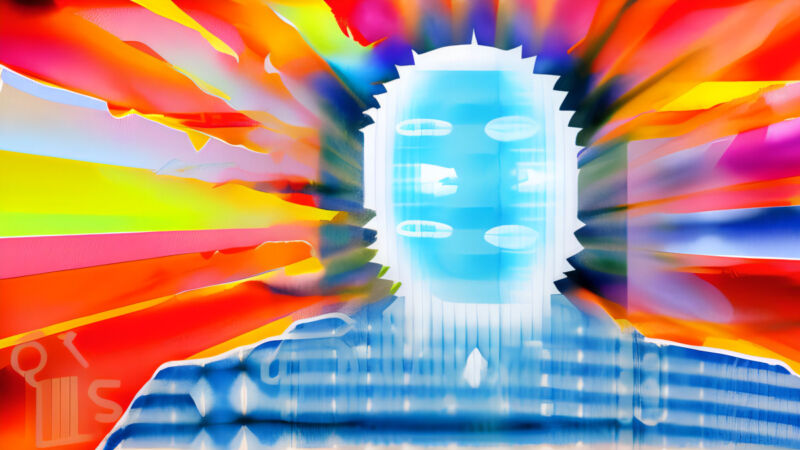
Passing the bar exam...? Just how much more 'human' will AI become?
|
Following on from Maggie’s thoughts on how we’ll need to work harder to prove our humanity, the release of OpenAI’s ChatGPT-4 has already shown us how fast AI is progressing. OpenAI says that this latest release “exhibits human-level performance on various professional and academic benchmarks,” with it not only passing a simulation of the bar exam, but passing with a score comparable to those (humans) who pass in the top 10%. This is as impressive as it is worrying.
Chat GPT-4’s performance is already remarkably more human, able to follow complex instructions as its predecessor did, but with more depth. However, it is still flawed. By sounding increasingly human though, there is the danger that its ‘hallucinations’ (made up responses that appear factually correct) could have the potential to spread dangerous misinformation. We may argue that humans are already doing this, but this intensifies the ongoing ethical arguments around the use of AI.
|
|
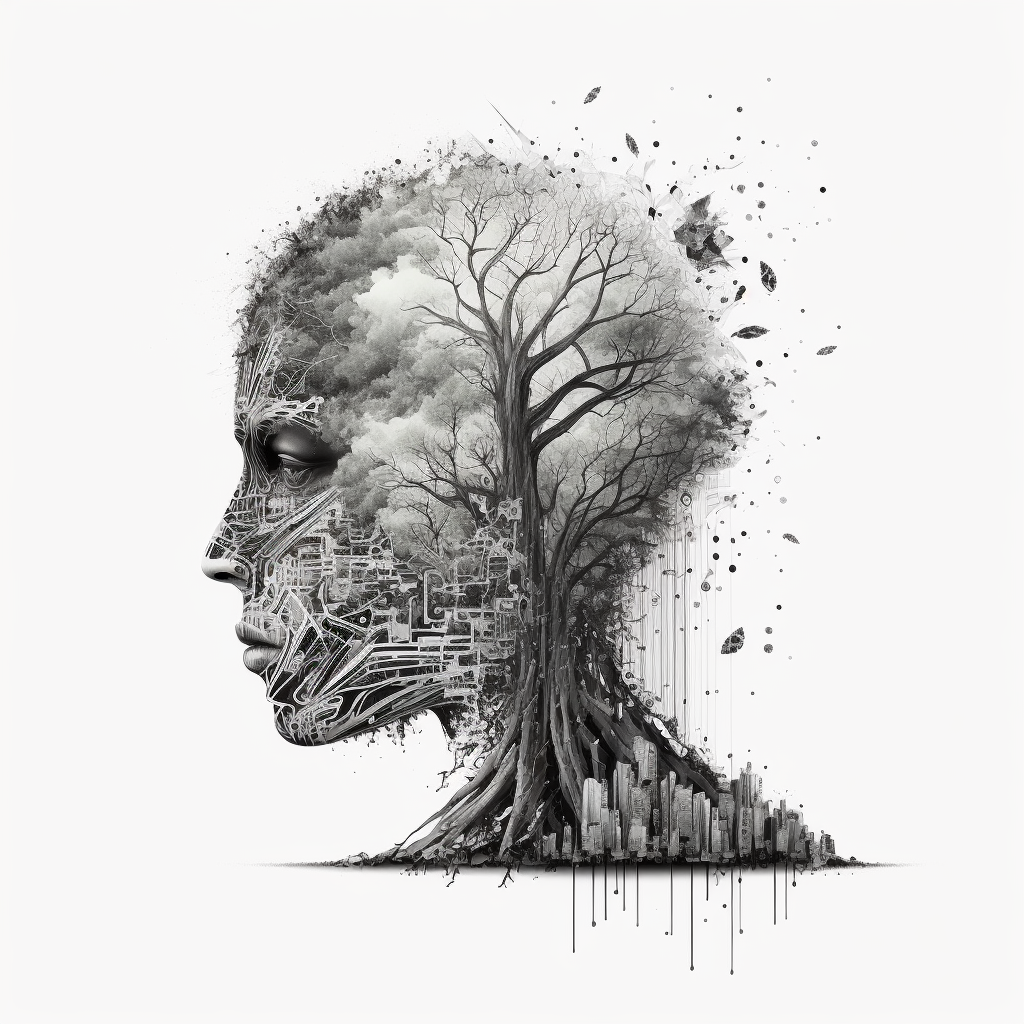
AI’s sustainability could get worse before it improves
|
Back in February, Wired magazine reported on AI’s ‘dirty secret’, saying that integrating large language models (LLMs) into search engines could mean a fivefold increase in computing power and huge carbon emissions. Well, just two months later, that train has well and truly left the station. With Microsoft’s Bing apparently already running on ChatGPT-4 since 2022, and Google’s releasing its Bard AI, it’s only a short matter of time before everything is running on LLMs, which will have a huge impact on the amount of carbon emissions we all create simply by searching the web. Something to really think about, especially as we approach this year’s Earth Day, with its focus on investing in the future health of the planet.
As Wired shares in its ‘Guide to Articficial Intelligence’, “boosting the accuracy of AI generally means having more complicated models sift through more data – OpenAI’s GPT2 model reportedly had 1.5 billion weights to assess data, while GPT3 had 175 billion – suggesting AI’s sustainability could get worse before it improves.” All this adds up to a lot of carbon. That said, its heartening to see so many researchers looking into how we can reduce this impact – from investigating more efficient training methods for the new technology, to improving the energy efficiency of data centers. Let’s hope AI energy consumption peaks sooner rather than later.
|
|
|
The brightest minds in tech have called for a pause on giant AI experiments
|
Some of the most prominent minds in tech recently came together to call for a pause on the training of any AI systems more powerful than GPT-4.
Signed by Elon Musk, Steve Wozniak, Andrew Yang, Yuval Noah-Harari and other notable leaders in the tech community, the letter outlines concerns around the ‘profound risks to society and humanity’ of advanced AI, arguing that the necessary planning and management needed to mitigate this risk is not currently happening.
This open letter calls on all AI labs to pause for at least six months so that safety protocols can be developed and appropriate governance and regulatory systems can be established to ensure that future AI systems will be ‘accurate, safe, interpretable, transparent, robust, aligned, trustworthy, and loyal.’
While there has been some controversy over whether all of those who are listed have actually endorsed this letter, this call to take a pause over the summer and put some guardrails in place seems sensible to me. I’ve signed the petition accordingly along with more than 27,500 others and, if you agree, you can add your name too.
|
|
|
Is it possible to create a trustworthy AI?
|
Executive president of Mozilla, Mark Surman, thinks so. He has just launched a new AI-focused start-up, Mozilla.ai, with the mission of building an open source, truly trustworthy AI. He has been working on this for five years already, and describes feeling a mixture of “excitement and anxiety.” Feelings that resonate with me when it comes to AI.
Funded by investment from the Mozilla Foundation, Mozilla.ai aims to bring together researchers and companies with a shared vision and motivation to collectively create an ethical AI model. The challenge will be to convince all of the big players in the industry to get behind their vision to make it a reality. However, the open letter we shared above suggests this may be more feasible than it might first appear.
|
|
|
|
|
"Man remains as unaware of the psychic and social effects of his new technology as a fish of the water it swims in."
|
Marshall McLuhen, 1969
|
|
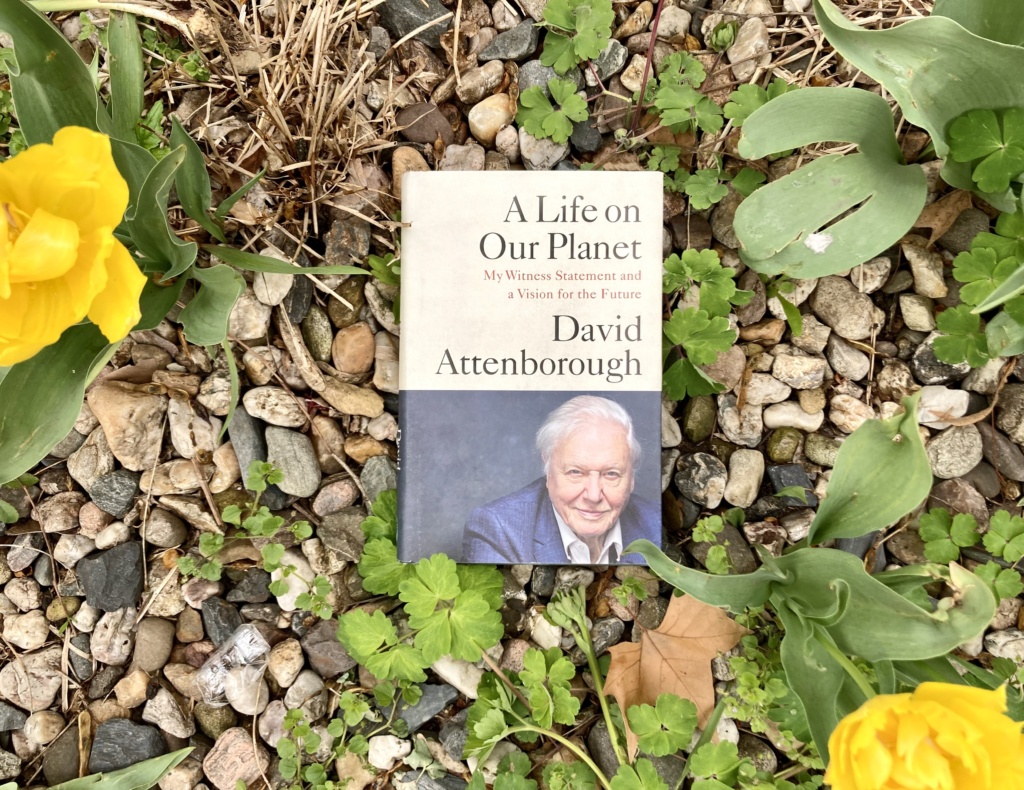
A Life on Our Planet by Sir David Attenborough
|
With Earth Day just around the corner, A Life on Our Planet by David Attenborough is a poignant memoir that takes readers on a journey through his lifelong experiences and observations of the natural world, showcasing the beauty and diversity of our planet’s ecosystems, and the devastating impacts of human activities on our environment that he has witnessed in his lifetime. Amidst the sobering realities though, there is hope and a clear message – our actions truly matter.
Sir David’s love for the natural world shines through the book as he highlights the urgent need for immediate and meaningful change to protect and restore our planet and create a more sustainable future for future generations. From individual choices to global policies, he emphasises that every effort, no matter how small, makes a difference in the collective fight against environmental degradation.
This book is not just a wakeup call to cherish and protect our home planet, but also a powerful and timely testament to the interconnectedness of all life on Earth. Our actions have a profound impact on the health of our planet and therefore our future. It’s a timely reminder that we should remind ourselves that every day – not just Earth Day – offers an opportunity to take action toward creating a more sustainable world.
|
|
|
|
|
Other news from the green web
|
-
Simon Hattenston interviews the ‘Godfather of VR’, Jaron Lanier, who argues that “The danger isn’t that AI destroys us. It’s that it drives us insane.”
-
Nyasha Green at Master WP shares her thoughts on the first open source AI, ColossalChat.
-
OpenAI is adding support for plug-ins to ChatGPT — an upgrade that massively expands the chatbot’s capabilities and gives it access for the first time to live data from the web.
-
Developer Luke Bechtel played with the beta version of Chat GPT-4 last month, getting it to design a new programming language, Tenet Lang, which he describes as looking like “Typescript and python had a baby.”
-
A fascinating experiment from Jackson Fall, on whether AI can create and run a successful business with a starting investment of just $100.
-
This article from Andy Leitch at the Arts Council is a great intro to sustainable web design.
-
The Green Web Foundation published a Community Tech meets Digital Sustainability handbook with practical guidance for tech practitioners on their journey towards digital sustainability. This is a brilliant free resource, written by our friend Hannah Smith and her colleague Katrin Fritsch.
-
Another great resource, this time from Non-profit climate organisation, Project Drawdown, is Climate Solutions at Work. For employees concerned about climate change, from those just starting their climate journeys to those ready to take concrete action in their workplace, this guide can help them understand how any employee, regardless of their role, can work with their colleagues to go further to make a difference.
-
A fantastic case study from MEK Studio on the redesign of their website to reduce emissions. MEK Studio have really pushed the envelope for a design studio, and have reduced their emissions by a massive 67%.
-
“Clara is a French influencer, followed by over 3 million people on Youtube, TikTok and Instagram. In a year, the carbon impact of Clara’s digital publications has reached 1,072 tons of CO2e.” – Footsprint have published a new paper, in collaboration with social transformation company 1000heads, on the environmental impact of influencers – makes for interesting reading!
-
Frakenstream is a new series from free multi-lingual streaming service Arte.tv, which covers the birth and development of streaming, and takes a critical look at its impact on the environment. The series is 4 episodes long, and each episode lasts for 15 min, so less carbon heavy than your average documentary.
|
|
|
Join the Wholegrain Digital team
|
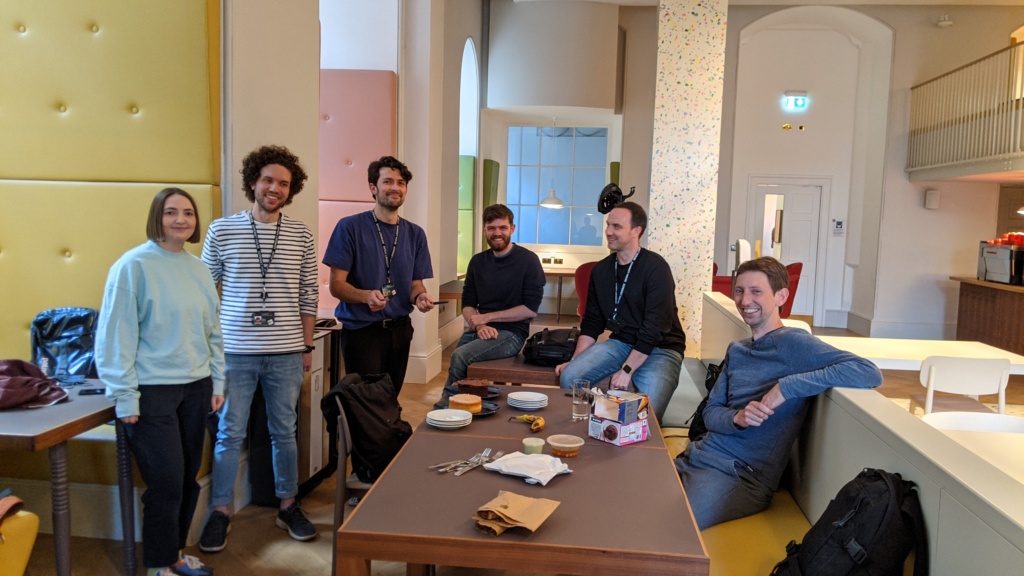
Work with real humans passionate about creating a more Humane Web
|
If you’d like to be part of our emotionally healthy, happy team, we have some open vacancies right now, from Agency Account Managers and Project Managers, to Digital Designers and Developers.
If you’ve been watching from the sidelines and thinking that maybe one day you’d like to join us on our journey to creat a greeener, more humane web, now is a great time get in touch and apply to join us.
Check out our careers page or simply get in touch with me by replying to this newsletter to learn more about us and explore options in a casual conversation.
|
|
|
|
|
Curiously Green is curated and written by Tom Greenwood, Marketa Benisek and Rachael B.
|
|
|
|